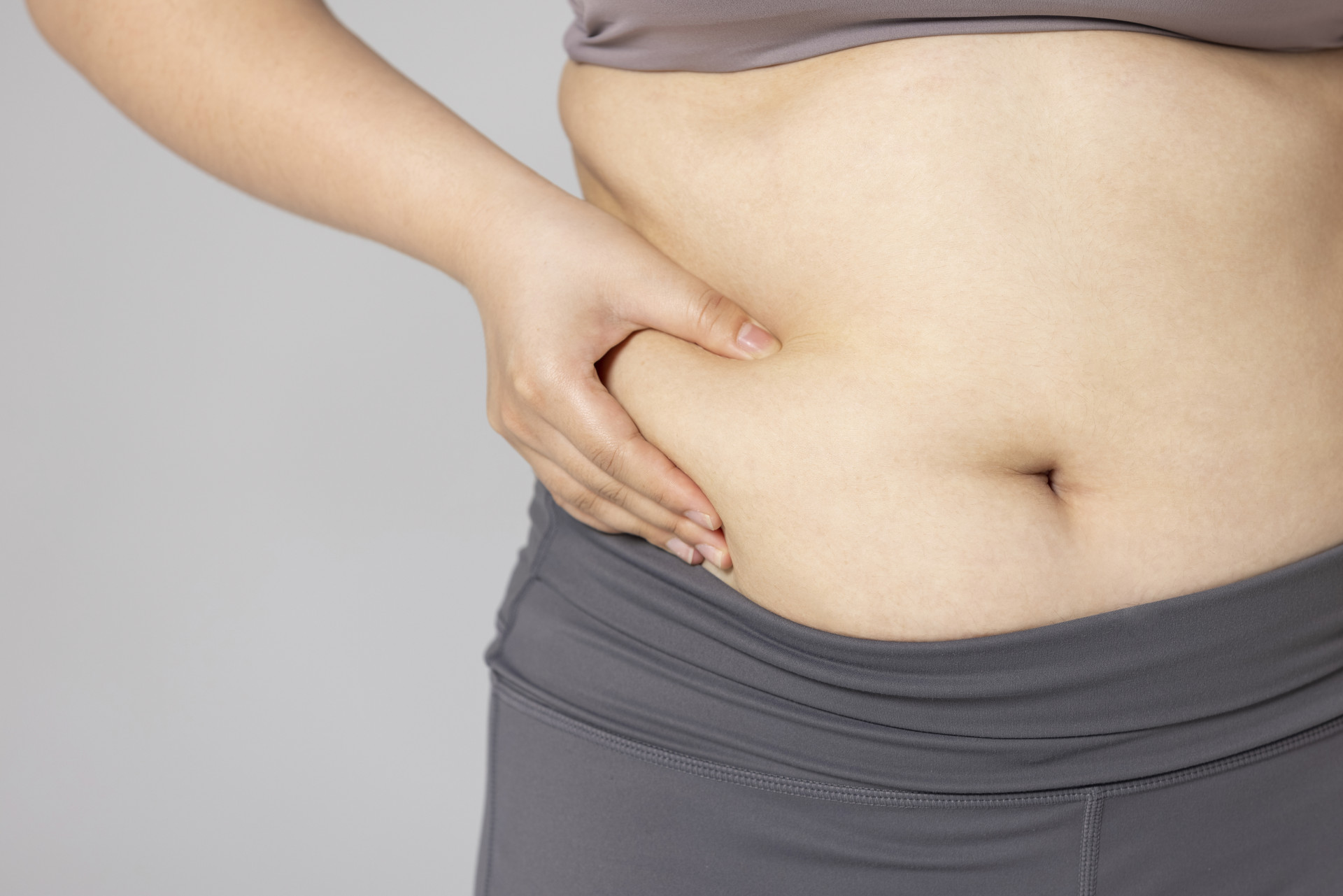After the start of summer, the temperature gradually rises, and people may feel irritable and have reduced appetite. After the start of summer, the weather becomes hot, and the body's water content is easily lost through sweating and breathing. In addition, the unpredictable weather changes disrupt the body's metabolism. If people frequently consume heavy foods like fatty fish, meat, or hot pot and barbecue, they are likely to experience symptoms of "excessive internal heat." Due to the decrease in appetite, many expectant mothers cannot resist the temptation and indulge in mouth-watering food like hot pot and grilled meat. However, these foods that are prone to causing excessive internal heat can cause symptoms such as dry mouth, acne breakouts, or even diarrhea. Nutrition experts remind pregnant women that due to the special nature of pregnancy, they should consume less of these foods after the start of summer. If they cannot resist eating them, they should drink plenty of water, eat fresh vegetables and juicy fruits, and try to maintain a cheerful mood to prevent excessive internal heat.
How can pregnant women enhance their appetite while maintaining a healthy and nutritious diet? Pregnant women should consume light and watery foods after the start of summer, which is an important method for summer diet and health. For example, they can have porridge for breakfast and dinner, and drink soup for lunch. This can not only quench thirst and cool down the body, but also nourish the body. Adding lotus leaves to the porridge creates a dish called lotus leaf porridge, which has a refreshing taste and a slightly bitter flavor that can stimulate the appetite and have an effect of alleviating heat, nourishing the stomach, clearing the intestines, and quenching thirst. Adding mung beans to the porridge or cooking mung bean soup separately can have effects such as cooling down the body, alleviating thirst, clearing heat, detoxifying, and promoting diuresis.
Various fresh fruits are abundant in the summer. For generally healthy pregnant women, except for allergies, there is no absolute forbidden fruit. However, fruits have different properties of cold and heat, and pregnant women have different constitutions. Therefore, pregnant women should choose fruits that are relatively mild in taste and neither cold nor hot to promote the health of both the mother and the baby during pregnancy. She also recommends several fruits that are suitable for pregnant women to consume:
Cherries: Among all fruits, cherries are particularly rich in iron, almost 20 times more than apples, oranges, and pears. They also contain carotene (4-5 times more than grapes, apples, and oranges), vitamins B1, B2, C, citric acid, calcium, phosphorus, and other nutrients. Eating cherries can help with blood replenishment and improve gastrointestinal function. If pregnant women have poor appetite, they can eat more cherries, which can be beneficial for the fetus.
Grapefruit: It contains natural folic acid, which is not only important in the early stages of pregnancy but also essential throughout the entire pregnancy. As the fetus's body tissues grow rapidly during pregnancy, pregnant women need a large amount of folic acid to meet the needs of the fetus. Folic acid deficiency can not only increase the incidence of pregnancy-induced hypertension and placental abruption but also lead to maternal anemia with macrocytosis, intrauterine growth retardation, premature birth, and low birth weight. Therefore, grapefruit is also the preferred choice for pregnant women during pregnancy.
Grapes: They are rich in iron, phosphorus, calcium, organic acids, lecithin, carotene, and vitamins B1, C. Eating grapes can help improve blood deficiency, low blood pressure, and poor circulation in pregnant women. More importantly, if pregnant women experience bleeding, grapes have a beneficial effect in preventing miscarriage and promoting fetal development.











